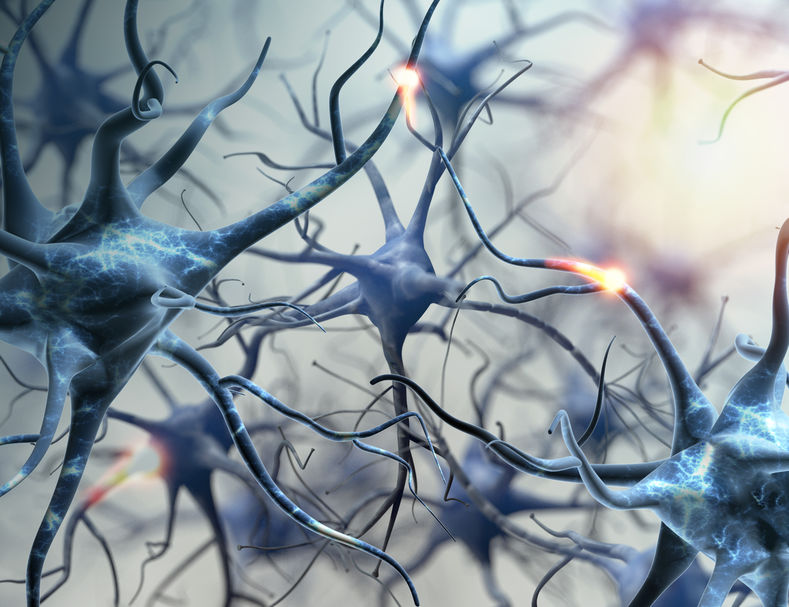Luxembourg, 9 March 2021 – Today, Alzheimer Europe launches a new report, “Legal capacity and decision making: The ethical implications of lack of legal capacity on the lives of people with dementia”, which looks at the intersection between legal rights and ethical considerations in relation to legal capacity and decision making.
The working group responsible for the report was set up by Alzheimer Europe in 2020 and was composed of experts in dementia, law, ethics, policy, research, psychology and the experience of having dementia and supporting people with dementia.
This report contains a detailed discussion and extensive recommendations on guardianship measures, treatment, care and support, communication of the diagnosis, advanced care planning, participation in research, coercive measures, restrictions of freedom during the COVID-19 pandemic, and civil and political life. The following are some of the key recommendations developed by the working group:
• Guardianship legislation should be reframed as decision-making support. Substitute decision making, which would be the most extensive guardianship measure, should only be applied when all other options have been considered or tested, and have not proven sufficient to protect the rights of people with dementia.
• Support should be organised in a systematic and structured manner such as in the combined supported decision-making model.
• There should be greater monitoring of how legislation to involuntarily detain people with dementia is used and how this could be amended to reflect a supported decision-making approach.
• Procedural safeguards should be developed to protect the rights and wellbeing of people with dementia in residential respite care and day care, and in other places where they are not free to leave but have not been lawfully detained.
• Restraint should only be tolerated in extreme situations where the physical and mental integrity of the person with dementia is in serious and imminent danger and as a last resort, unless there is no time or it would be too risky to attempt another approach.
• Governments should set up independent inquiries into the management of dementia care during the COVID-19 pandemic and develop guidelines to help ensure that future pandemics or similar crises are managed in a way that is both ethical and legal.
• People should be allowed to confirm their desire for their advance directive to remain valid should they at some point lack the capacity to renew it or to transfer decision-making responsibility to a named person of their choice.
• Every person should have access to an independent supporter to make a will and to include
members of their entourage in this process if they wish.
• A diagnosis of dementia or guardianship measure should never result in the automatic loss of
the right to vote, marry, divorce or make a will or advance directive.
Dianne Gove, Director for Projects at Alzheimer Europe and co-author of the report, stated:
“Any loss of the right to make decisions, including both formal and informal restrictions, can have a considerable psychological, emotional and practical impact on people’s lives and wellbeing. It is important to reflect on ethical issues related to legal capacity and decision making, such as the need to respect human rights, protect the dignity of all human beings, and ensure that everyone with dementia can enjoy and fully participate in civil, political, economic, social and cultural life.”
Jean Georges, Executive Director of Alzheimer Europe, added:
“It is important that lawmakers, policy makers, health and social care professionals, administrative bodies, notaries and the general public all work together to remove obstacles and provide appropriate and timely support to maximise the potential for people with dementia to exercise their legal capacity. We need to create flexible and humane systems and move away from mentalities, traditions and taken-for-granted, assumptions that prevent people from making decisions and from living their lives in accordance with their own wishes and values. Appropriate support, reasonable adjustments and safeguards must be in place to maximise freedom of choice and equal opportunities for people with dementia across the whole of society.”
To download (PDF): http://bit.ly/AE_Legal_Capacity
